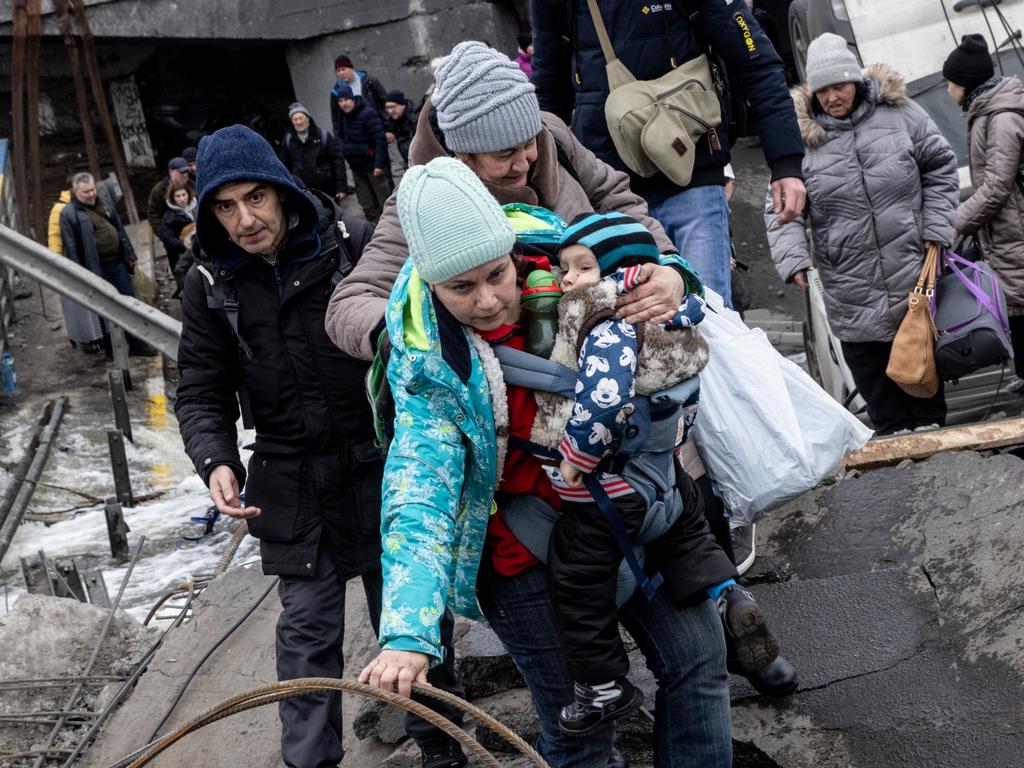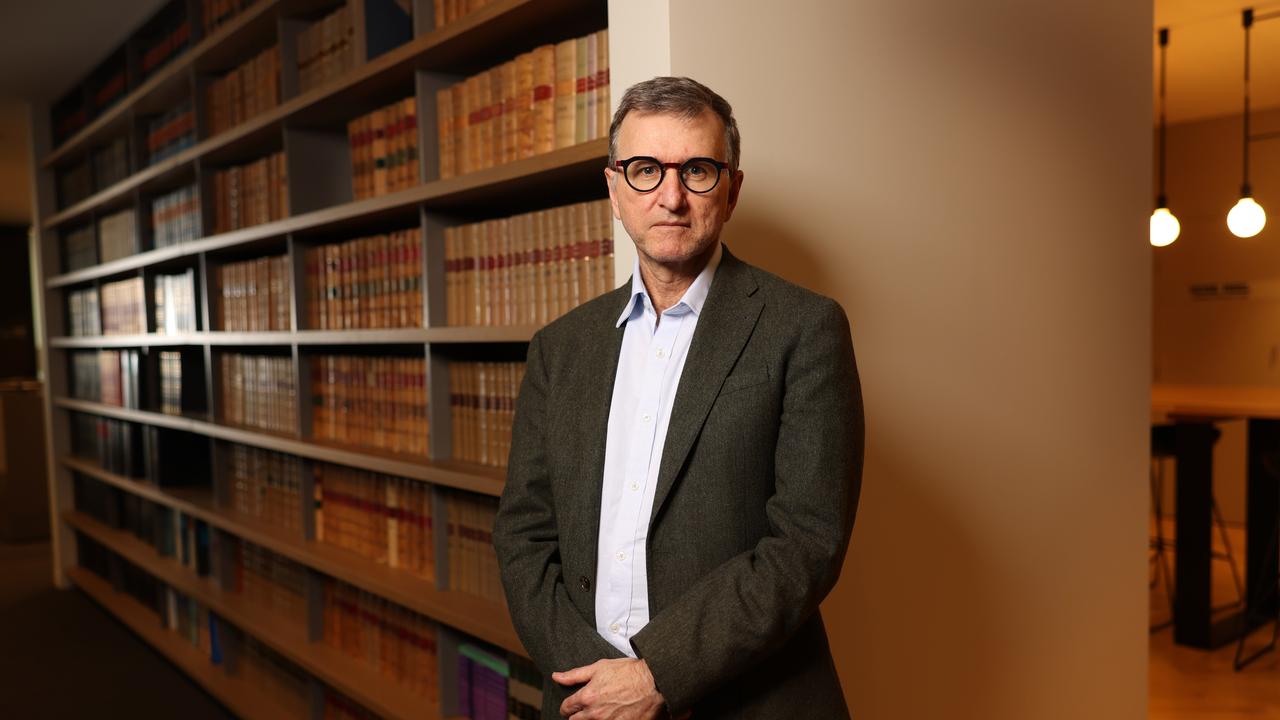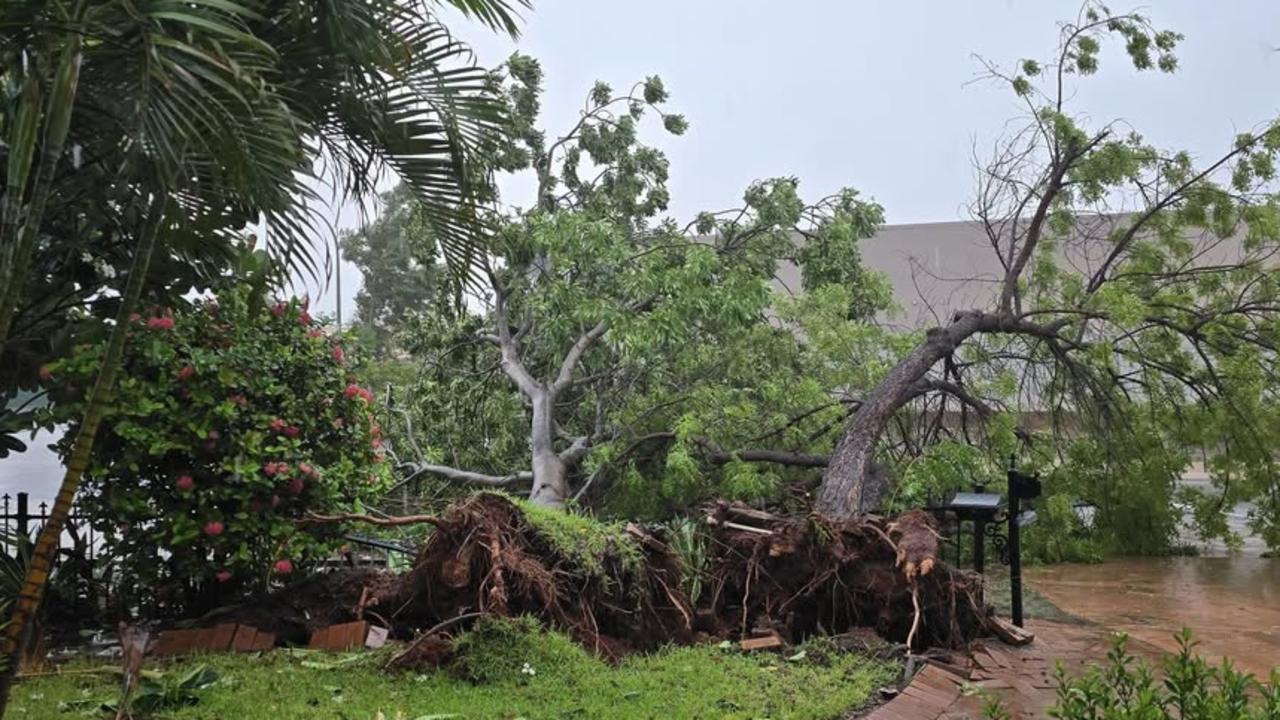Age not only wearying them, finally taking heroes WWII foes could not
Government projections reveal the dramatic fadeout of the great generation that saved a nation in World War II.
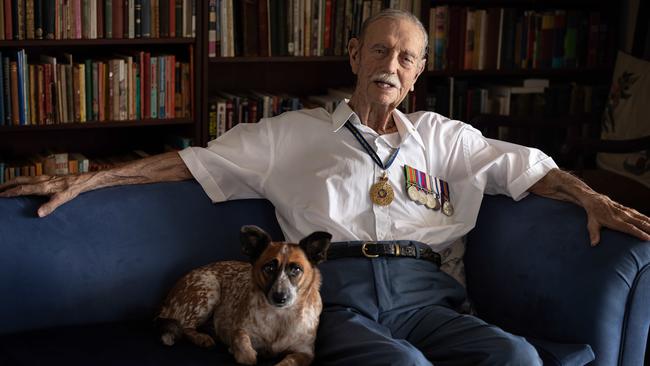
The dramatic fadeout of the great generation that saved a nation is laid bare by government projections that the million Australians who joined up in World War II will number barely 1600 survivors within three years.
With an average age of 97.2, the attrition will be all too evident at Anzac Day commemorations across the country, many going ahead for the first time without a single WWII veteran in attendance. Only 15 ride-along spots are booked for the big Sydney march and Melbourne may have seen the last of the fabled Rats of Tobruk, with just 12 Australian survivors of the epic 1941 North African siege known to be living.
In the garrison city of Darwin, 96-year-old Austin Asche is set to be the last man standing from WWII if he makes it to the dawn service. “It depends on how he wakes up feeling, but we’re hopeful,” said his daughter, Wendy.
Time has certainly taken a toll on the generation that fought the Italians and Germans in the Mediterranean and Europe, or held Imperial Japan’s rampant war machine at bay in those dark days of 1942 when Australia was threatened by invasion.
The 31,700 WWII veterans on the government’s books in 2016 will be down to an estimated 5500 by June, data crunched for The Australian shows.
This will fall to 3100 by the end of next year, 2000 in December 2024 and 1600 by mid-2025, according to the Department of Veterans’ Affairs’ modelling.
Rats of Tobruk Association past-president Graham Gibson, whose late father, William, served there, said 15 of its veterans had died in the past year, leaving just the dozen survivors.
Only three Rats were able to attend last year’s Covid-hit Anzac Day ceremonies in Melbourne, where the association is based, but Mr Gibson couldn’t say how many would be present on Monday, if any. “It’s really at that stage where … we are looking at the last of the Rats and, in turn, the last of the WWII soldiers,” he said.
Mr Asche joined the RAAF in 1944 when he turned 18, hoping to train as a fighter pilot. Instead, he became a radar operator stationed at lonely outposts across the Top End to keep watch for Japanese warplanes that managed to evade the tightening Allied net after the tide turned in the Pacific war.
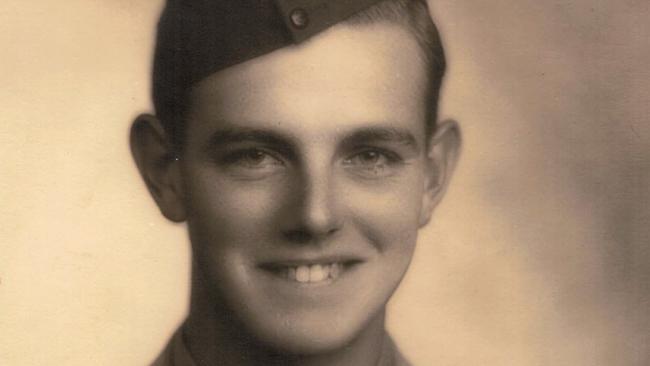
He was still at his post when the Japanese threw in the towel in August 1945, and went on to a glittering career in the law, rising to chief justice of the Northern Territory and NT administrator, the equivalent of a state governor.
Still spry, his moustache trimmed with military precision, Mr Asche wants to attend the dawn service in honour of the mates and comrades who had gone. “I have been extraordinarily lucky,” he told The Australian. “I have always had good friends, particularly those I made in the air force. The last one went about a year ago … but I have good memories of them. I just happened to have lasted the longest, that’s all.”
Age, he admitted, had wearied him. “I am annoyed about this, but I seem to be able only to concentrate for an hour or so if I go out somewhere … so I don’t want to cause a disturbance halfway through the ceremony and have someone cart me out,” he laughed.
Especially when Prime Minister Scott Morrison is due to be in attendance, alongside deputy Labor leader Richard Marles, filling in for Anthony Albanese in Covid isolation.
March organisers in Sydney said the 15 WWII veterans booked to ride was down half on last year’s turnout. But former merchant navy gunner Donald Kennedy, 95, who went to sea on a Norwegian-flagged oil tanker as a 16-year-old in 1944, was a definite starter. “I think it’s important that I am there because so many other blokes can’t be,” he said. “We used to have 300 members in the merchant navy sub-branch, but as far as I know there are only 11 of us left.”
In Canberra, the march will be led by evergreen Les Cook, 99, who enlisted in the army in 1940 under-age at 17. The proud old boy is determined to complete the route under his own steam on a walker, while other WWII veterans are booked to follow him in three cars.
Four WWII veterans are expected in Brisbane.
Darwin RSL sub-branch president Stephen Gloster said: “Sadly, they can’t live forever. It wasn’t that many years ago when we lost the last of our WWI people, and now it’s happening with the WWII veterans as well.”




